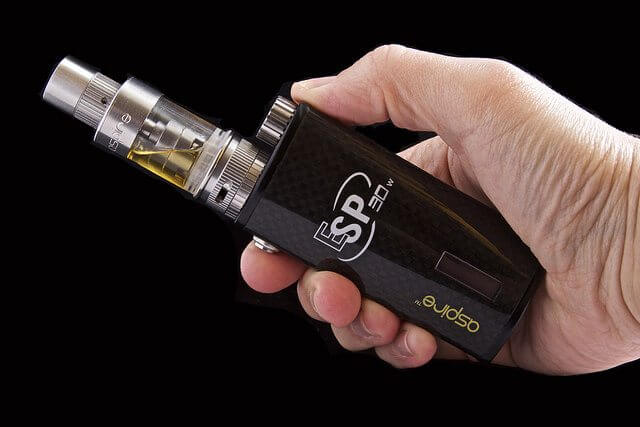The Federal Trade Commission (FTC) Act gives the FTC the power to prevent and punish unfair business practices in all aspects of business within the United States. The FTC usually involves itself when companies purposefully mislead the public in facts about the company’s business. Recently, the FTC published its first case regarding the Asia-Pacific Economic Corporation (APEC) Cross-Border Privacy Rules (CBPR) system.
The FTC issues a complaint when it has reason to believe that some form of the FTC Act has been violated. In this case, the company in question was Very Incognito, Inc. operating under the name of Vipvape. According to the FTC, Vipvape claimed to be part of the CBPR system, but APEC had not actually certified the company according to the complainant.
What is the CBPR system?
The CPBR system is operated and supported by the APEC. APEC is a forum for Pacific Rim economies to help promote and regulate growing economies, and was formed in 1989. One of its initiatives includes the CBPR system, which is a voluntary accreditation system that allows for a member state’s businesses to voluntarily apply for and receive recognition if the business properly meets the CPBR standards. APEC’s CPBR aims to reduce barriers to information flows, enhance consumer privacy, and promote interoperability.
Once reviewed and accepted, the business may advertise and promote that it is part of the CPBR system. Companies often advertise this accreditation to bolster reputation and esteem.
Why did Vipvape get in trouble for advertising its membership?
According to the FTC report, Vipvape was never a full member of the CPBR system, so it had no right to advertise as such on its website. Because of this, it directly fell under the FTC Act, according to the complainant. The FTC has issued rulings and settlements regarding misleading advertisements before, but this is the first time it has been in correlation with the CPBR system. The FTC previously published an advisory page to help avoid this type of false advertisement.
The vote to accept the consent agreement passed 3-0. After the publishing of the settlement form, the public has 30 days to comment before it will be decided by the Commission to become final. The settlement bars Vipvape from continuing to misrepresent its participation, membership, or certification in any privacy or security program sponsored by a government or self-regulatory organization.
For more information about the FTC Act and how it could impact your company’s advertising, contact Revision Legal’s Corporate attorneys through the form on this page or by calling 888-317-5945.
Image courtesy of Flickr user Ecig Click




